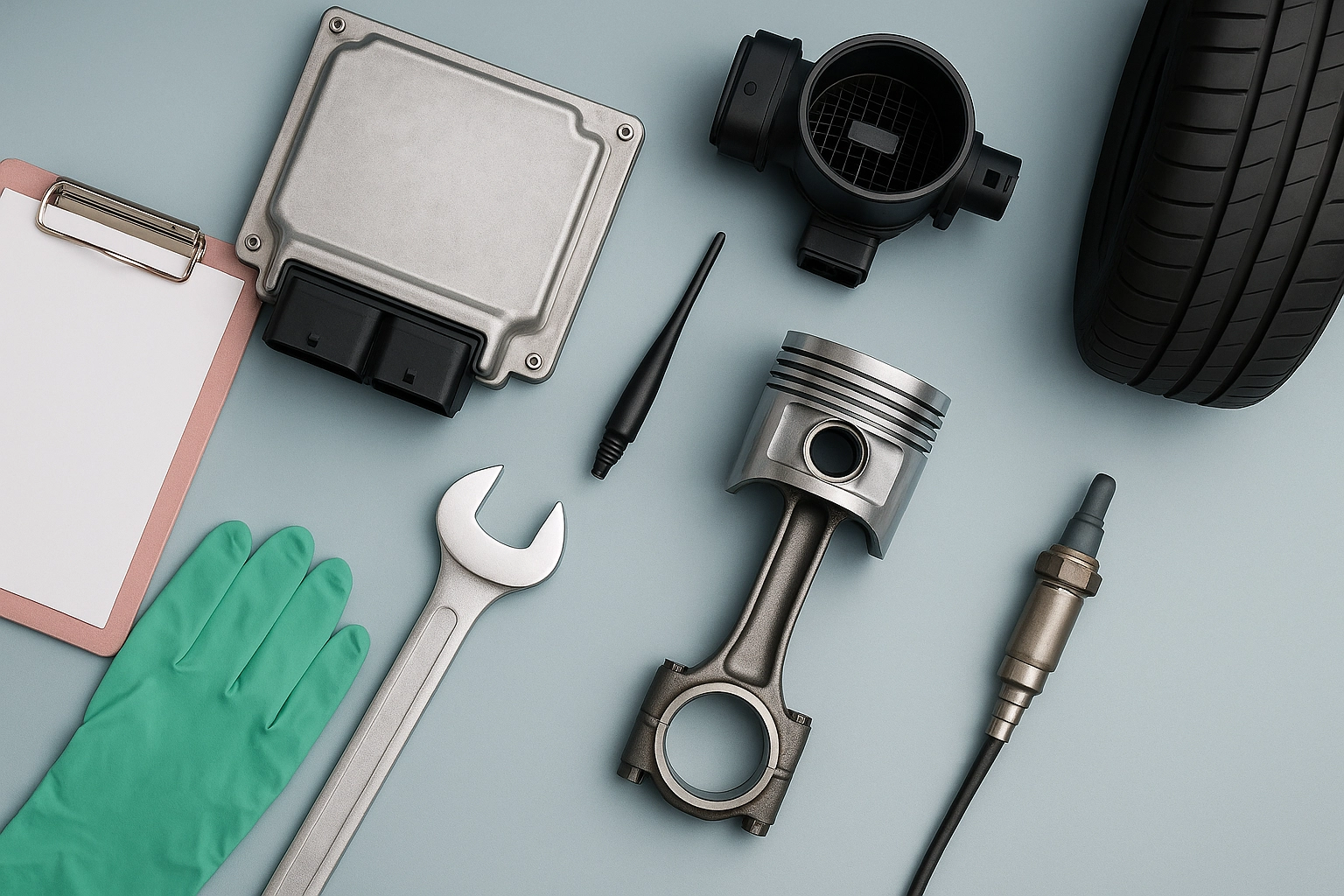ISO 7637 Electrical Disturbance Engine ECU
The ISO 7637 standard is a crucial benchmark in automotive testing, specifically addressing the effects of transient electrical disturbances on the engine control unit (ECU). This test evaluates how an ECU withstands and recovers from various electrical anomalies that can occur during operation. The ISO 7637-2, -4, and -5 specifications are particularly relevant for this service, focusing on voltage dips, transients, and inrush currents.
The testing procedure simulates real-world conditions where the ECU may be exposed to short-term electrical disturbances. These disturbances can originate from various sources such as external power supply fluctuations or internal circuitry malfunctions within the vehicle's electrical system. By subjecting the ECU to these controlled test environments, we ensure that it remains functional and reliable under adverse operating conditions.
Engine ECUs play a critical role in managing engine performance by controlling fuel injection rates, ignition timing, and emissions control. Ensuring their robustness against electrical disturbances is vital for maintaining vehicle safety and performance standards. The ISO 7637 test allows manufacturers to identify potential weaknesses early on in the development process, enabling them to make necessary improvements before product release.
The testing methodology involves exposing the ECU to predefined transient events according to the specified profiles detailed in ISO 7637-2 and -4. These include voltage dips, short-time interruptions, and other electromagnetic interference (EMI) sources that mimic real-world conditions. The test setup typically includes a power supply capable of generating these disturbances along with specialized software for controlling the timing and duration of each event.
The primary goal of this service is not only to comply with regulatory requirements but also to enhance product quality through rigorous validation against industry best practices. Compliance with ISO 7637 ensures that automotive components meet or exceed international standards, thereby fostering trust among consumers and stakeholders alike.
| Test Profile | Description |
|---|---|
| ISO 7637-2 - Voltage Dips | Drops in supply voltage that last for a specified duration. Simulates conditions where the vehicle's electrical system temporarily loses power. |
| ISO 7637-4 - Transients | Brief, sharp increases or decreases in supply voltage. These simulate lightning strikes or other sudden changes in the electrical environment. |
| ISO 7637-5 - Inrush Currents | Sudden high current spikes experienced when an ECU is first powered up after a long period without power. |
The testing process begins with thorough preparation of the engine ECU, ensuring it meets all initial specifications before being subjected to controlled transient events. During execution, precise monitoring ensures accurate measurement and recording of each disturbance's impact on the ECU’s performance. After completion, comprehensive reporting provides detailed insights into any observed issues or failures during testing.
Our highly skilled technicians employ state-of-the-art equipment and software tailored specifically for ISO 7637 compliance testing. This allows us to deliver accurate results consistently across multiple test runs, providing valuable data that helps guide further development efforts towards achieving optimal product reliability.
Applied Standards
The following international standards apply to the ISO 7637 Electrical Disturbance Engine ECU testing:
- ISO 7637-2:2018 - Voltage dips, short interruptions and voltage variations - Part 2: Test procedures
- ISO 7637-4:2018 - Transients on supply lines - Part 4: Test procedures
- ISO 7637-5:2018 - Inrush currents - Part 5: Test procedures
These standards provide clear guidelines on how to simulate various electrical disturbances and evaluate the ECU's response. By adhering strictly to these specifications, we ensure that our tests are both reproducible and comparable with industry benchmarks.
Eurolab Advantages
At Eurolab, we offer unparalleled expertise in automotive testing services, leveraging cutting-edge technology and experienced personnel to deliver precise and reliable results. Our commitment to quality is reflected in our unwavering adherence to the latest international standards.
- State-of-the-Art Facilities: We operate modern laboratories equipped with advanced test rigs capable of simulating real-world electrical environments.
- Experienced Staff: Our team comprises seasoned professionals who possess deep knowledge in automotive engineering and compliance testing.
- Comprehensive Reporting: Detailed reports provide actionable insights, highlighting any deficiencies found during testing along with recommendations for improvement.
- Rapid Turnaround Times: We understand the importance of timely delivery; therefore, we strive to complete tests efficiently without compromising accuracy or thoroughness.
- Regulatory Compliance: Our services are designed to meet all relevant regulations and industry best practices, ensuring your products remain competitive in an ever-changing marketplace.
Choose Eurolab for your ISO 7637 Electrical Disturbance Engine ECU testing needs. Trust us to help you achieve superior product quality while staying ahead of the curve.





